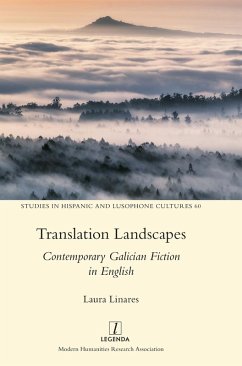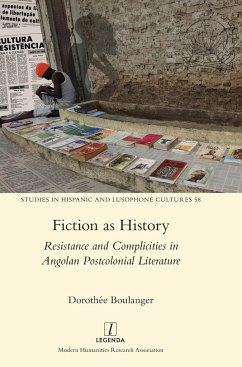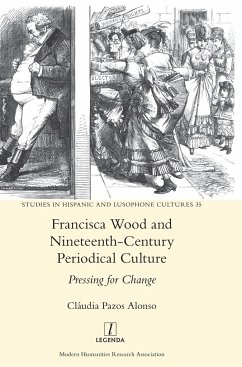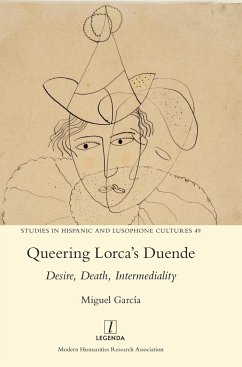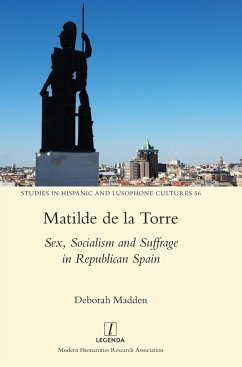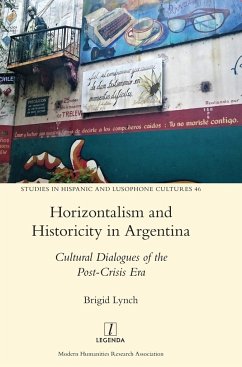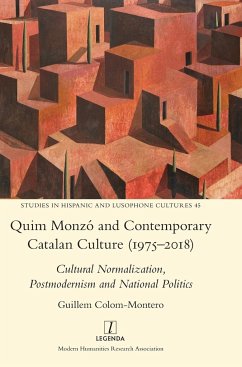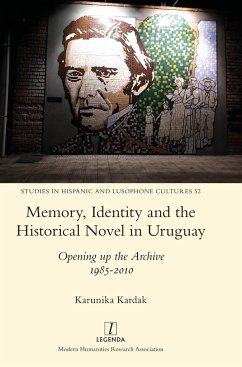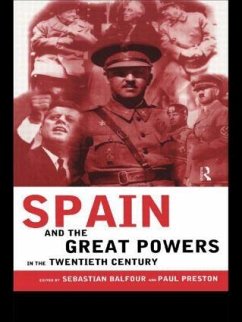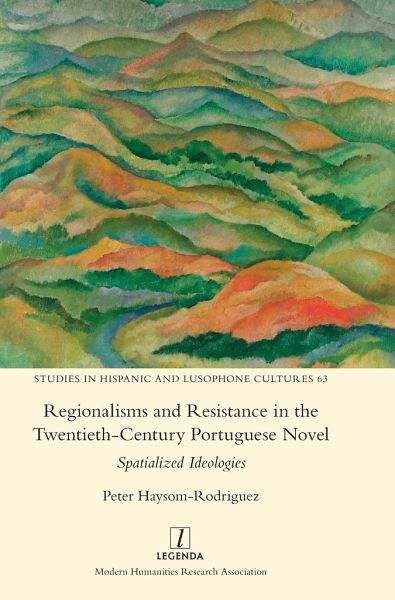
Regionalisms and Resistance in the Twentieth-Century Portuguese Novel
Spatialized Ideologies
Versandkostenfrei!
Versandfertig in 1-2 Wochen
94,99 €
inkl. MwSt.

PAYBACK Punkte
47 °P sammeln!
Often regarded as a small and homogeneous country, modern Portugal has frequently displayed clear regional tensions, on several 'axes': between its capital, Lisbon, and more neglected cities and towns; between its developed coastline and its (noticeably declining) inland villages; between the relatively conservative small-holding communities of the North and the politically radical tenant farmers of the South, amongst others. Examining twentieth-century novelists' treatment of such geographical precepts leads one to ponder: what relationships exist between ideology and (regional) spaces? Throu...
Often regarded as a small and homogeneous country, modern Portugal has frequently displayed clear regional tensions, on several 'axes': between its capital, Lisbon, and more neglected cities and towns; between its developed coastline and its (noticeably declining) inland villages; between the relatively conservative small-holding communities of the North and the politically radical tenant farmers of the South, amongst others. Examining twentieth-century novelists' treatment of such geographical precepts leads one to ponder: what relationships exist between ideology and (regional) spaces? Through analysis of narrative fiction, how can one better comprehend the complex geographical grievances and identity politics that are increasingly characterising ideological discourses across Western nations? The novels of Aquilino Ribeiro (1885-1963), Agustina Bessa-Luís (1922-2019), Lídia Jorge (1946-) and José Saramago (1922-2010) all have their part to play, in this quest for greater understanding of Portuguese regionalisms and resistances. Peter Haysom-Rodríguez is a Lecturer in Modern Languages at the University of Leeds. He holds a Ph.D. in Portuguese & Lusophone Studies from the University of Nottingham.





